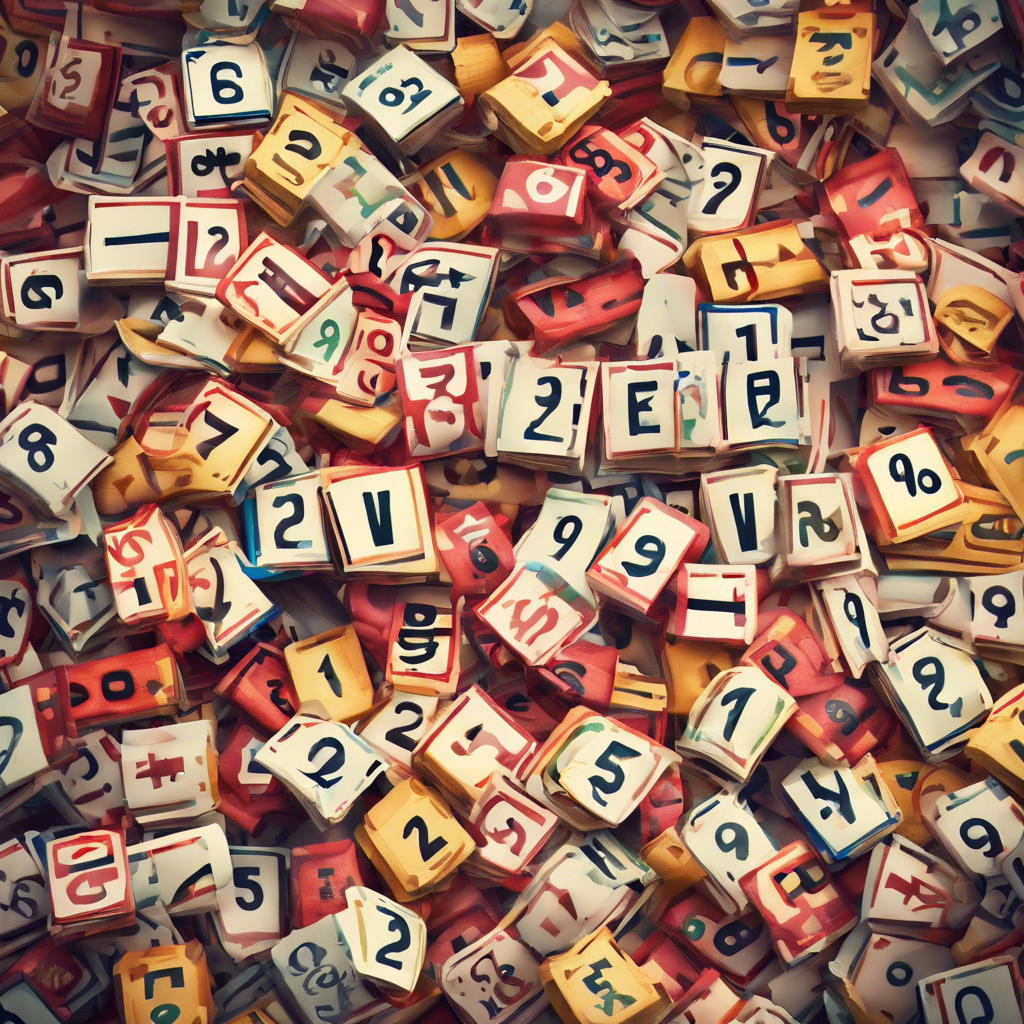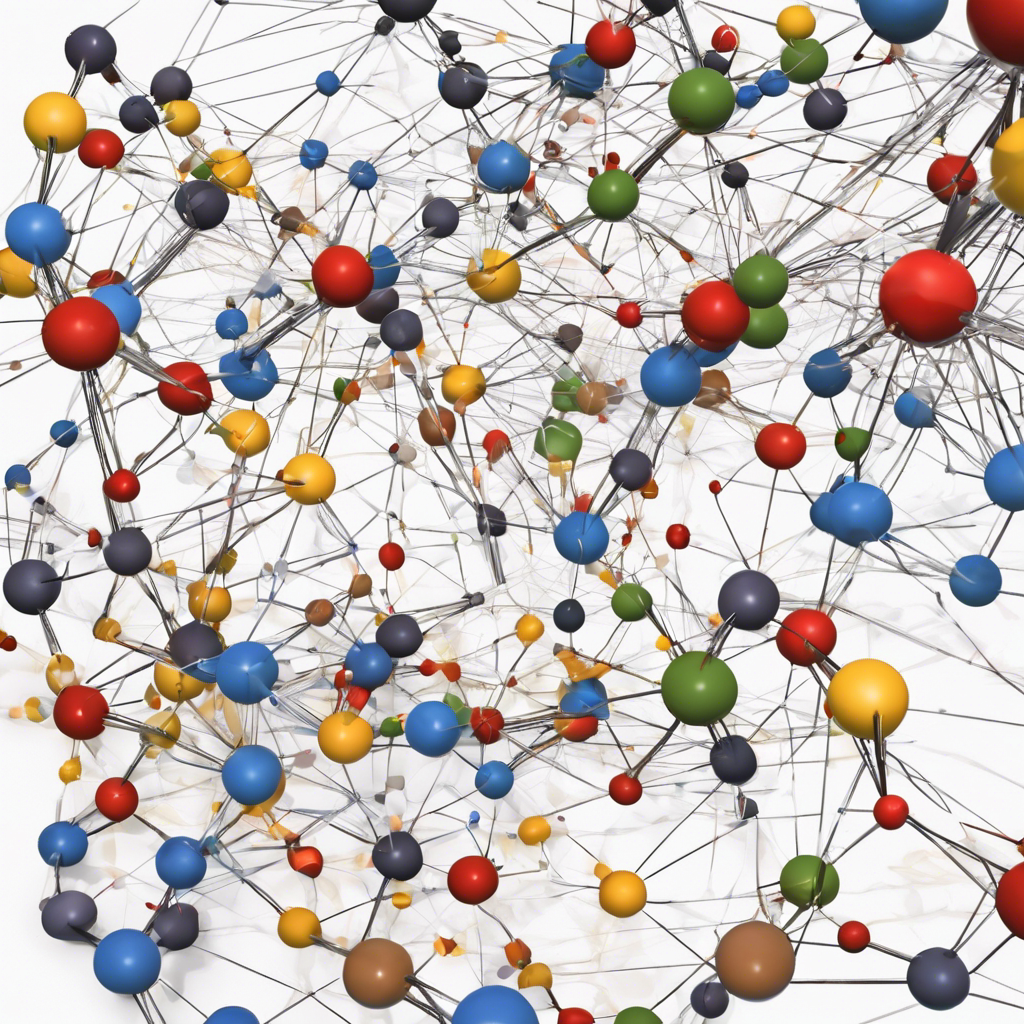Mathematicians Unveil the Secret to Winning the UK National Lottery
In a world where luck seems to reign supreme, two mathematicians from the University of Manchester have uncovered a groundbreaking revelation that could change the way we approach the UK National Lottery. David Cushing and David Stewart have discovered a combination of 27 tickets that guarantees a win, despite the astronomical odds stacked against players. While their findings have captivated the attention of lottery enthusiasts worldwide, the mathematicians themselves have chosen not to partake in their own winning strategy. In this article, we explore the intricacies of their mathematical solution and delve into the reasons behind their decision.
The Power of Mathematics
Cushing and Stewart’s achievement lies in their ability to harness the power of mathematics to overcome seemingly insurmountable odds. By utilizing a mathematical field known as combinatorial design theory, the duo was able to identify a set of 27 tickets that cover every possible combination of numbers in the UK National Lottery. This means that no matter what numbers are drawn, at least one of their 27 tickets will contain the winning combination.
The Astonishing Odds
To fully comprehend the magnitude of their feat, it is essential to understand the odds at play. The UK National Lottery offers a staggering 45,057,474 possible combinations of numbers. Prior to Cushing and Stewart’s discovery, the chances of winning the jackpot were infinitesimally small. However, their solution reduces the number of tickets required to guarantee a win from millions to a mere 27.
The Global Impact
News of Cushing and Stewart’s findings spread like wildfire, captivating the attention of lottery enthusiasts and casual players alike. People from all walks of life were intrigued by the possibility of securing a win through a mathematical formula. However, the results have been mixed, with some individuals reporting success while others remain empty-handed. This discrepancy highlights the unpredictable nature of the lottery and the role of chance in determining outcomes.
The Ethical Dilemma
Despite their groundbreaking discovery, Cushing and Stewart have made a conscious decision not to play the lottery themselves. They are acutely aware of the addictive nature of gambling and the potential harm it can cause to individuals and families. By abstaining from playing, they aim to promote responsible gambling practices and prevent people from becoming overly reliant on their mathematical solution.
The Future of Lottery Games
Cushing and Stewart’s research has raised questions about the fairness and integrity of lottery games. While their solution guarantees a win, it also challenges the notion of randomness that underpins such games. As lotteries continue to evolve, it is crucial for regulatory bodies to reassess their rules and ensure that players have a fair chance of winning, regardless of mathematical strategies.
Conclusion:
The remarkable achievement of David Cushing and David Stewart in cracking the UK National Lottery code with just 27 tickets has ignited a global fascination with the intersection of mathematics and chance. Their groundbreaking research showcases the power of mathematics to challenge long-established norms and has prompted a reevaluation of lottery games as a whole. As we ponder the implications of their findings, it is clear that the allure of the lottery and the thrill of uncertainty will continue to captivate players worldwide. However, it is equally important to remember the ethical considerations surrounding gambling and to approach it responsibly. Ultimately, Cushing and Stewart’s story serves as a reminder that, even in a game of chance, mathematics has the potential to unlock new possibilities and reshape our understanding of the world around us.











